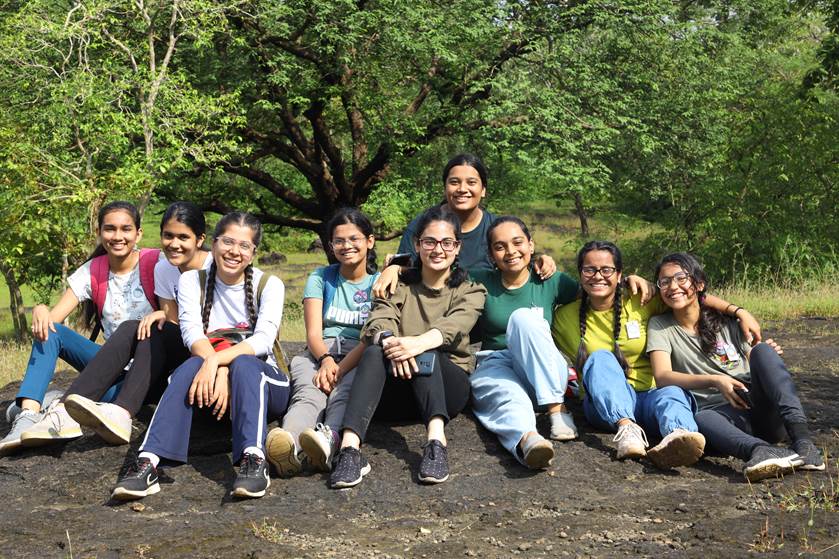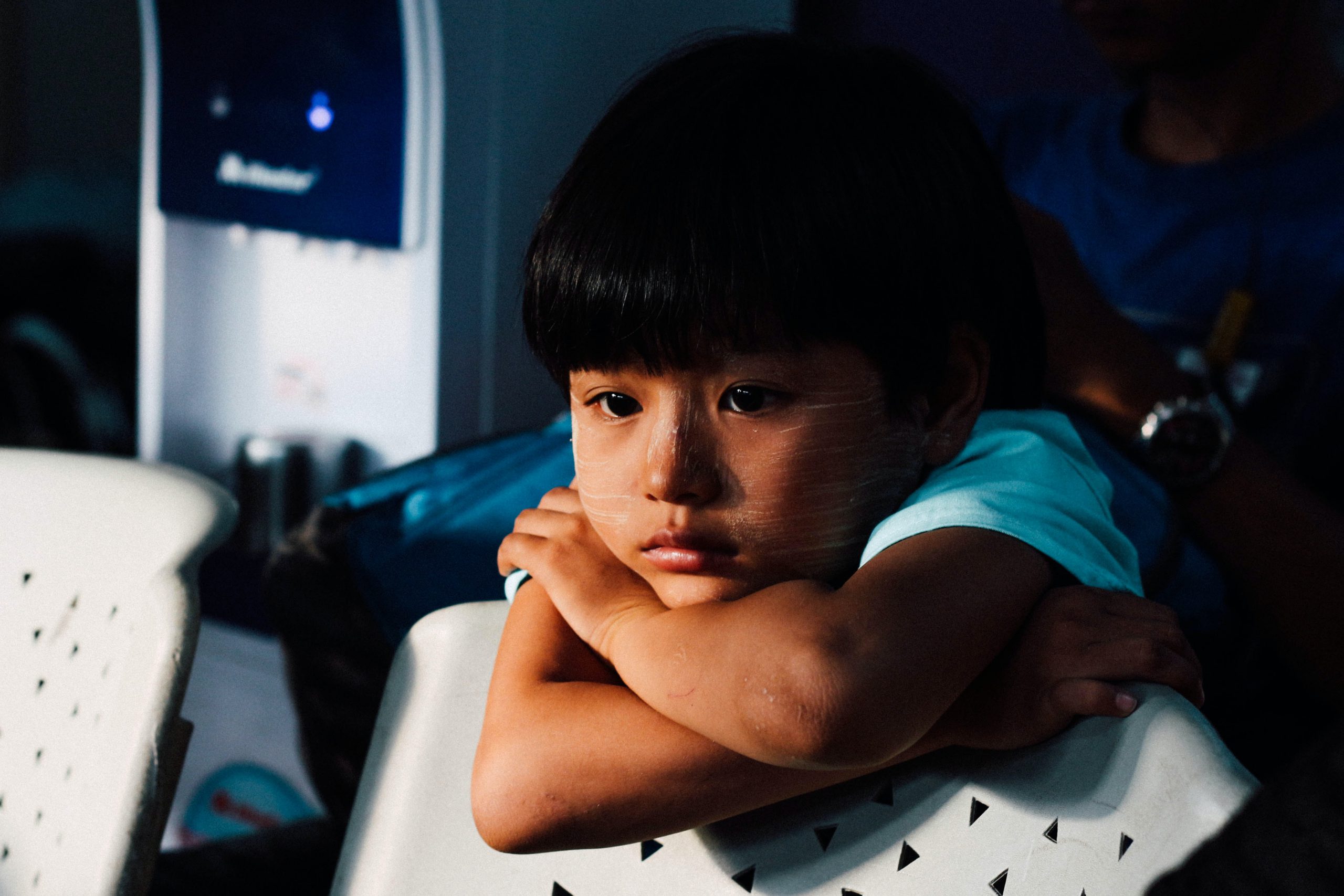The December 2019 coronavirus disease outbreak as seen in many countries across the globe is a pandemic which has made people who have potentially come into contact with the infection to isolate themselves at home or in a dedicated quarantine facility. Many countries, including India, have declared lockdown for a designated period of days in attempts to flatten the curve and control the spread of the virus.
Quarantine is often associated with an unpleasant experience of separation from loved ones, the loss of freedom, uncertainty over disease status, and nevertheless, boredom. It can create an impact on mental health and psychological wellbeing of people. Studies conducted previously reported general psychological symptoms such as emotional disturbance, depression, stress, low mood, irritability, insomnia, post-traumatic stress symptoms (rated on Weiss and Marmar’s Impact of Event Scale–Revised), anger and emotional exhaustion.
Stressors during and post quarantine.
The duration of quarantine also has a major role to play among the various other stressors during quarantine. Fears of infection, inadequate information and having inadequate basic supplies creates confusion and panic, feelings of frustration and boredom often arise due to loss of usual routine, reduced social and physical contact with others and an added sense of isolation from the rest of the world.
Constant worry about the situation post quarantine is an additional stressor. People are unable to work and having to interrupt their professional activities with no advanced planning, financial loss can be one of the major problems whose effects on the global economy appear to be long lasting. Stigma towards healthcare and frontline workers who are risking their lives to protect us, is evident which creates intra-household tension especially for family members. Though support from media which is a powerful influence on public attitudes, can be beneficial to reduce stigmatisation.
Previous literature suggests that psychiatric history is associated with psychological distress after experiencing any disaster-related trauma and it is likely that people with pre-existing mental health condition would need extra support during quarantine.
If a person is already suffering from anxiety, the sense of helplessness and lack of control induced by a forced quarantine can only worsen the anxiety. Being confined to a small space for people who already have claustrophobia, can be extremely stressful. People with suicidal ideation can be particularly at risk under these circumstances. Older adults and people with disabilities are at increased risk for having mental health concerns, such as depression. Mental health problems can present as physical complaints (such as headaches or stomach-aches) or cognitive problems (such as having trouble concentrating).
Not all children respond in the same ways. Some might have more severe, longer-lasting reactions. When parents and caregivers deal with a disaster calmly and confidently, they can provide the best support for their children. Infants may become crankier. Preschool and kindergarten children may return to behaviours they have outgrown. They may also have tantrums or a hard time sleeping. Older children may focus on details of the event and want to talk about it all the time or not want to talk about it at all. Some preteens and teenagers respond to distress by acting out. Their intense and overwhelming emotions may lead to increased arguing and even fighting with siblings, parents/caregivers or other adults. Children with special needs (physical, emotional, or intellectual) might have more intense distress, worry or anger.
What can be done?
The psychological effect of quarantine can still be detected months or even years later. Longer quarantine period is associated with poor psychological or mental health outcomes, restricting the length of quarantine can be considered. Ensuring that people have all the information available, an understanding of the disease in question and the reasons for quarantine, should be a priority. Officials also need to ensure that quarantined households have enough supplies for their basic needs.
Internet and social media could play an important part in communication with those far away, allowing people to update their loved ones about their situation and reassure them that they are well. Studies also suggest that having a group and feeling connected to others who had been through the same situation could be a validating, empowering experience and can provide people with the support they might find they are not receiving from other people. Reinforcing that quarantine is helping to keep others safe, including those particularly vulnerable (such as those who are very young, old, or with pre-existing serious medical conditions), and that government authorities are genuinely grateful to them, can only help to reduce the negative mental health effect and adherence in those quarantined.
Talk to children about what is happening in a way that they can understand. Keep it simple and appropriate for each child’s age. Encourage them to share concerns and ask questions. Parents could or may want to talk to a professional or have their children speak to someone who specializes in dealing with children’s emotional distress. You can also checkout our blog post on things to do during quarantine period to engage yourself productively and also reduce boredom. Here are some links to our previous blogs which might be able to help you take care of your mental health.
No matter how difficult things and situation around us seems right now, how stuck you may feel, how many days you might have spent wishing things were different or how hopeless and depressed you might be feeling, just keep going on with the hope that “THIS TOO SHALL PASS”; know that it will not last forever.
Reference:
Brooks SK, Webster RK, Smith LE, et al. The psychological impact of quarantine and how to reduce it: rapid review of the evidence. Lancet 2020; 395: 912-20
https://www.thelancet.com/journals/lancet/article/PIIS0140-6736(20)30460-8/fulltext
https://www.thelancet.com/journals/lancet/article/PIIS0140-6736(20)30460-8/fulltext
© All copyrights of the content are reserved to Manotsav Foundation.


